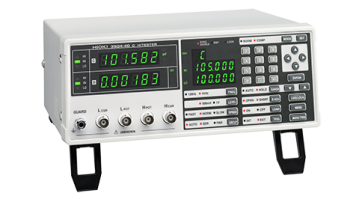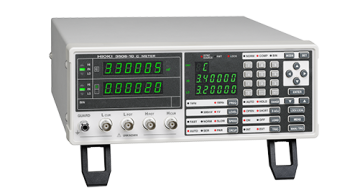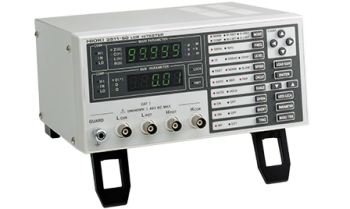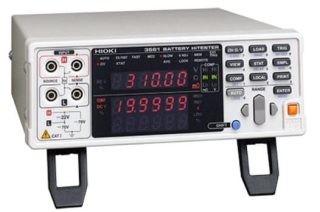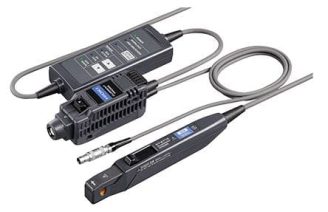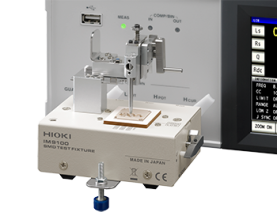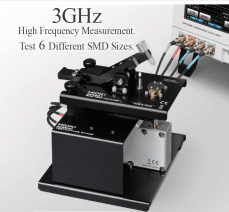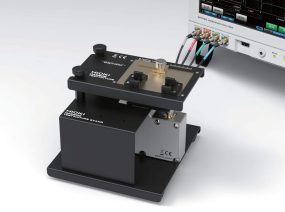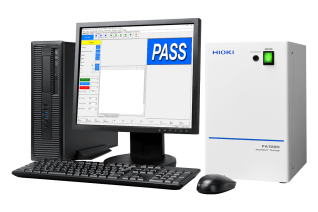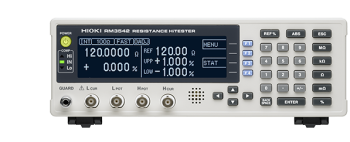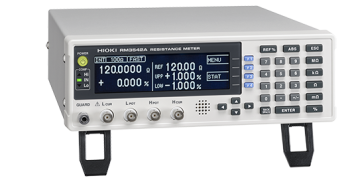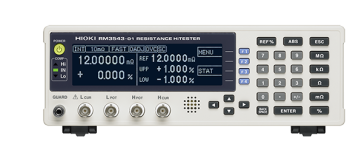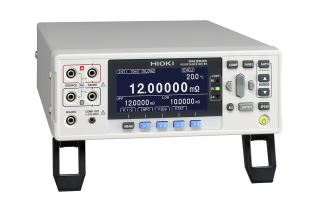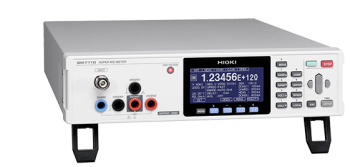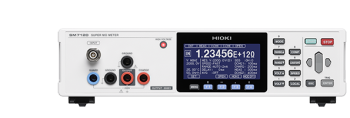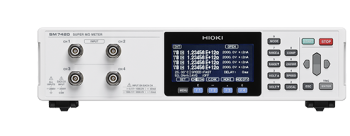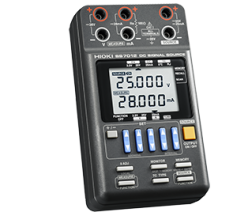Electrical Component Test Systems
Electrical Component Test Systems (ECTS) are specialized testing systems designed to evaluate the performance and functionality of various electrical components used in a wide range of industries, including aerospace, automotive, defense, telecommunications, and power generation. These systems typically include a range of testing equipment, such as test fixtures, electronic load banks, power supplies, oscilloscopes, and other specialized tools that can perform specific types of tests, such as voltage, current, resistance, and frequency measurements. They can also be used to simulate real-world operating conditions and environmental stresses, such as temperature, humidity, and vibration. Some of the most common types of electrical components that are tested using ECTS include resistors, capacitors, inductors, transformers, switches, relays, and integrated circuits. The tests are typically designed to evaluate various performance parameters, such as accuracy, stability, reliability, and durability. One of the primary advantages of using ECTS is that they can help to identify potential issues or defects in electrical components before they are installed in a final product. This can help to improve the overall quality and safety of the final product, as well as reduce the risk of costly recalls or product failures. Overall, Electrical Component Test Systems are a critical component of modern manufacturing and engineering processes, enabling engineers and technicians to ensure that electrical components meet rigorous performance standards and operate reliably under a wide range of operating conditions.
Electrical Component Test Systems (ECTS) are specialized testing systems designed to evaluate the performance and functionality of various electrical components used in a wide range of industries, including aerospace, automotive,…
...defense, telecommunications, and power generation.
These systems typically include a range of testing equipment, such as test fixtures, electronic load banks, power supplies, oscilloscopes, and other specialized tools that can perform specific types of tests, such as voltage, current, resistance, and frequency measurements. They can also be used to simulate real-world operating conditions and environmental stresses, such as temperature, humidity, and vibration.
Some of the most common types of electrical components that are tested using ECTS include resistors, capacitors, inductors, transformers, switches, relays, and integrated circuits. The tests are typically designed to evaluate various performance parameters, such as accuracy, stability, reliability, and durability.
One of the primary advantages of using ECTS is that they can help to identify potential issues or defects in electrical components before they are installed in a final product. This can help to improve the overall quality and safety of the final product, as well as reduce the risk of costly recalls or product failures.
Overall, Electrical Component Test Systems are a critical component of modern manufacturing and engineering processes, enabling engineers and technicians to ensure that electrical components meet rigorous performance standards and operate reliably under a wide range of operating conditions.
-
Hioki LCR Meters and Impedance Analyzers range from 1mHz to 3GHz devices to suit a wide range of applications in the testing of electronic...FIND OUT MORE
-
Hioki LCR Meters and Impedance Analyzers range from 1mHz to 3GHz devices to suit a wide range of applications in the testing of electronic...FIND OUT MORE
-
Hioki LCR Meters and Impedance Analyzers range from 1mHz to 3GHz devices to suit a wide range of applications in the testing of electronic...FIND OUT MORE
-
Hioki benchtop battery testers support simultaneous high-speed measurement of internal resistance and battery voltage for the ever-expanding...FIND OUT MORE
-
Hioki flat bandwidth current probes are best-in-class current sensors for use with Memory HiCorders and high performance oscilloscopes. The CT6711 is...FIND OUT MORE
-
High-precision four-terminal measurement for ultra small size 01005 (EIA) Specifications Overview Measurement terminals Four terminal direct...FIND OUT MORE
-
High-precision two-terminal fixture for measuring ultra small “008004” (EIA) components Specifications Overview Connection with sample 2-terminal...FIND OUT MORE
-
Hioki LCR Meters and Impedance Analyzers range from 1mHz to 3GHz devices to suit a wide range of applications in the testing of electronic...FIND OUT MORE
-
Hioki LCR Meters and Impedance Analyzers range from 1mHz to 3GHz devices to suit a wide range of applications in the testing of electronic...FIND OUT MORE
-
Introducing the Hioki In-Circuit Tester FA1220, the perfect solution for conducting functional tests of individual electronic circuit board...FIND OUT MORE
-
Hioki DC resistance meters measure a broad range of resistance values at a high level of precision. The Hioki RM3542 deliver high speed, high...FIND OUT MORE
-
Hioki DC resistance meters measure a broad range of resistance values at a high level of precision. The Hioki RM3542A delivers high-speed and...FIND OUT MORE
-
Hioki DC resistance meters measure a broad range of resistance values at a high level of precision. The Hioki RM3543 is designed to be integrated...FIND OUT MORE
-
Introducing the Hioki RM3545 Resistance Meter – the ultimate solution for high-precision and multi-point resistance testing. With a wide range...FIND OUT MORE
-
The Hioki SM Series Super Megohm Meters are high resistance and ultra low current inspection devices with a 0.1 fA resolution to offer precise...FIND OUT MORE
-
The Hioki SM Series Super Megohm Meters are high resistance and ultra low current inspection devices with a 0.1 fA resolution to offer precise...FIND OUT MORE
-
The Hioki SM Series Super Megohm Meters are high resistance and ultra low current inspection devices with a 0.1 fA resolution to offer...FIND OUT MORE
-
Introducing the HIOKI DC Signal Source SS7012, the ultimate tool for instrumentation system maintenance, electronic device evaluation, and production...FIND OUT MORE

